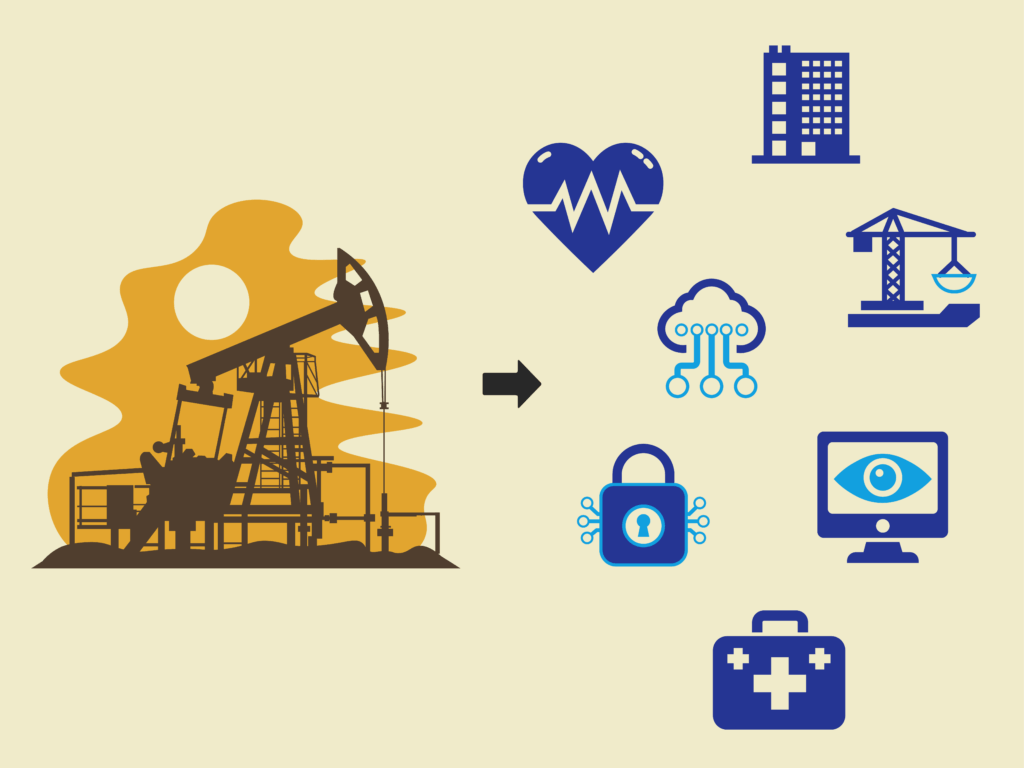
Trevor Baldwin Talks BRP IPO

On Oct. 24, Baldwin Risk Partners went public, listing on the Nasdaq at $14 a share. The firm, founded in Florida in 2011, aims to become one of the nation’s top-10 brokerages in revenue. Leader’s Edge spoke with CEO Trevor Baldwin about some of the details of the IPO.
It should have no impact on our culture and how we interact both internally and externally. We’re going to continue executing and serving our stakeholders at a really high level.
If you compare that to many of the private-equity backed businesses that are operating at margins of 34% to 37%, there’s a stark contrast in the level of reinvestment we’re making in our platform versus some of our peers. This route we felt gave us the freedom to continue advocating and investing for long-term success.
To know that the standard of care with which we operate our business is going to be at the very highest levels, ensuring that we have the very best cyber-security protocols and that our governance practices are ensuring that we’re executing for our stakeholders at a really high level.




